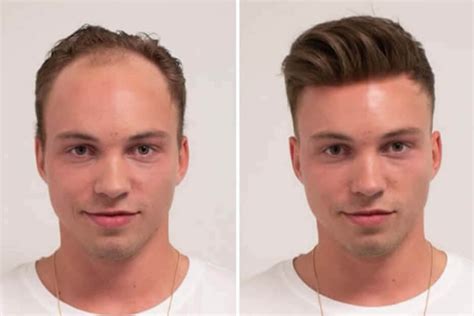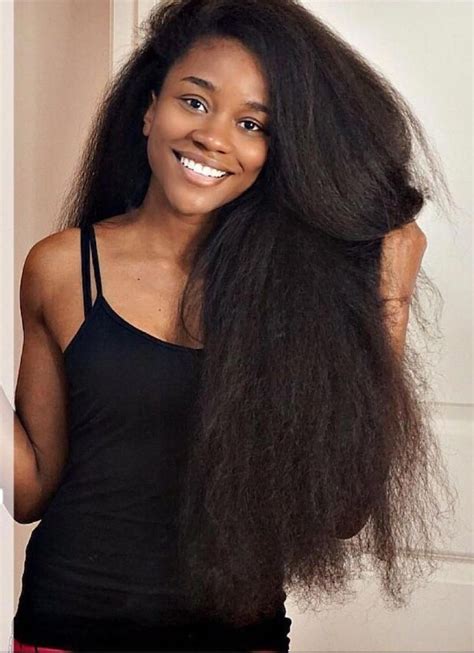Introduction
Natural black hair is a captivating and versatile hair color that has been celebrated for centuries. With its rich melanin content, it offers a range of hues, from the deepest ebony to soft, shimmering black. Whether you prefer to keep your locks simple or embrace the latest trends, natural black hair provides endless possibilities for personal expression.

The Science of Natural Black Hair
The color of our hair is determined by the amount and type of melanin pigments present in the hair shaft. Melanin is a complex organic compound that plays a crucial role in protecting the hair from damage caused by ultraviolet (UV) radiation. People with natural black hair have a high concentration of the pigment eumelanin, which gives their hair its characteristic dark hue.
Shades of Natural Black Hair
The spectrum of natural black hair colors is vast, ranging from the following categories:
- Jet Black: A deep, intense black with no visible undertones.
- Blue-Black: A rich, dark black with subtle blue undertones.
- Brown-Black: A warm, deep black that appears slightly lighter and has brown undertones.
- Purple-Black: A cool, vibrant black that shimmers with purple undertones in certain light.
- Gray-Black: A salt-and-pepper black with a mixture of gray hairs.
Benefits of Natural Black Hair
- Versatility: Natural black hair can be styled in a variety of ways, from sleek buns to voluminous curls.
- Low Maintenance: Dark hair colors require less frequent touch-ups compared to lighter shades.
- UV Protection: The high concentration of melanin in black hair provides natural protection from the sun’s harmful rays.
- Cultural Significance: Black hair is a symbol of strength, beauty, and cultural identity for many communities around the world.
Challenges of Natural Black Hair
- Dryness: Natural black hair tends to be more dry than other hair colors, requiring regular moisturizing to maintain its health and shine.
- Color Manipulation: Dark hair pigments can be stubborn, making it difficult to bleach or lighten.
- Product Absorption: Some hair products, such as gel and mousse, can be less visible on black hair due to its darker color.
How to Care for Natural Black Hair
- Moisturize Regularly: Use a deep conditioner once or twice a week to hydrate and seal in moisture.
- Minimize Heat Styling: Excessive heat can damage natural black hair. Use heat protectants and limit the use of hair dryers and flat irons.
- Choose Sulfate-Free Products: Sulfates can strip natural oils from the hair, leading to dryness and breakage.
- Detangle Gently: Use a wide-toothed comb to detangle wet or damp hair to avoid tearing.
- Trim Regularly: Trim split ends every 6-8 weeks to prevent them from spreading up the hair shaft.
Hairstyle Ideas for Natural Black Hair
- Braided Bun: A classic protective style that keeps hair out of the face while adding a touch of elegance.
- Box Braids: A versatile style that can be worn long, short, or in intricate patterns.
- TWA (Teeny Weeny Afro): A short, natural hairstyle that showcases the beauty of natural black hair in its purest form.
- Sleek Ponytail: A polished and professional style that emphasises the length and shine of natural black hair.
- Defined Curls: Use a curl cream or mousse to enhance and define natural curls, adding volume and body to the hair.
Conclusion
Natural black hair is a powerful and versatile hair color that offers endless possibilities for beauty and self-expression. Embracing your natural black hair is not only a matter of personal style but also a celebration of your heritage and cultural identity. With proper care and attention, you can maintain healthy, radiant natural black hair that is uniquely your own.
